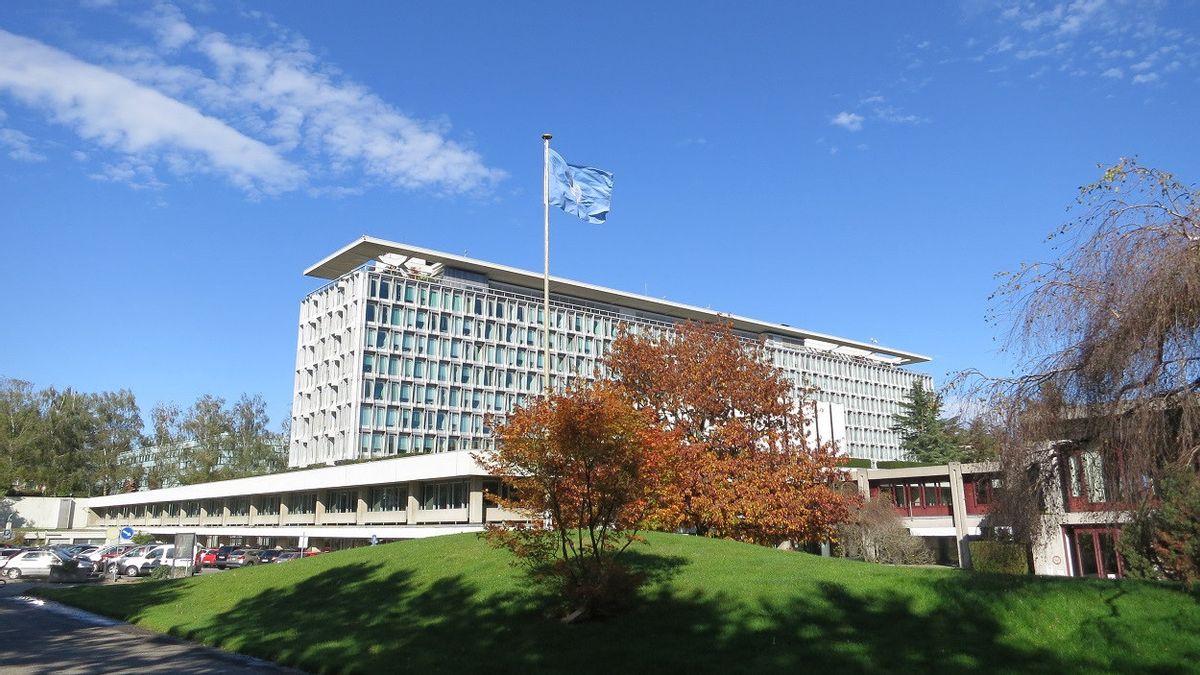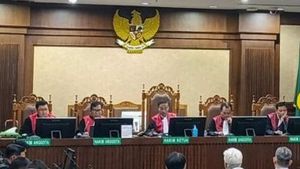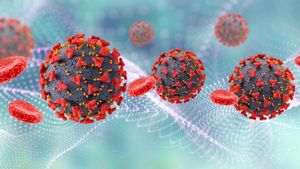JAKARTA - The World Health Organization (WHO) said it expects to identify more cases of monkeypox, as it expands surveillance in countries where the disease is not normally found.
As of last Saturday, 92 confirmed cases and 28 suspected cases of monkeypox had been reported from 12 member states that are not endemic to the virus, the UN agency said.
The WHO said it would provide countries with further guidance and recommendations in the coming days on how to reduce the spread of monkeypox.
"Available information indicates that human-to-human transmission occurs among people who have close physical contact with symptomatic cases," the WHO said.
Monkeypox is a usually mild infectious disease, endemic to western and central Africa. The disease is spread through close contact, so it is relatively easy to control through measures such as self-isolation and hygiene.
"What appears to be happening now is, it has entered the population as a sexual form, as a genital form, and spread like a sexually transmitted infection, which has amplified its transmission worldwide," WHO official David Heymann, an infectious disease specialist, told Reuters.
Heymann said an international committee of experts met via videoconference to see what needed to be learned about the outbreak and communicated to the public, including whether there was asymptomatic spread, who was most at risk, and various routes of transmission.
He said the meeting was held because of the urgency of the situation. The Committee is not the group that would suggest declaring a public health emergency of international concern, the WHO's highest form of vigilance, as it applies to the COVID-19 pandemic.
He further said, close contact is the main route of transmission, because the typical lesions of this disease are highly contagious. For example, parents caring for sick children are at risk, as are health workers, which is why some countries are starting to inoculate teams treating monkeypox patients with the smallpox vaccine, a related virus.
It is known that many of the current cases have been identified in sexual health clinics.
Preliminary genomic sequences from several cases in Europe have shown similarities to strains that spread limitedly in the UK, Israel, and Singapore in 2018.
SEE ALSO:
Heymann said it was "biologically plausible" that the virus had circulated outside endemic countries, but had not caused major outbreaks as a result of COVID-19 lockdowns, social distancing, and travel restrictions.
He emphasized that the monkeypox outbreak did not resemble the early days of the COVID-19 pandemic because it was not easily transmitted. Those who suspect they may have been exposed or who are showing symptoms including a bumpy rash and fever should avoid close contact with other people, he said.
"There are vaccines available, but the most important message is, you can protect yourself."
The English, Chinese, Japanese, Arabic, and French versions are automatically generated by the AI. So there may still be inaccuracies in translating, please always see Indonesian as our main language. (system supported by DigitalSiber.id)


















